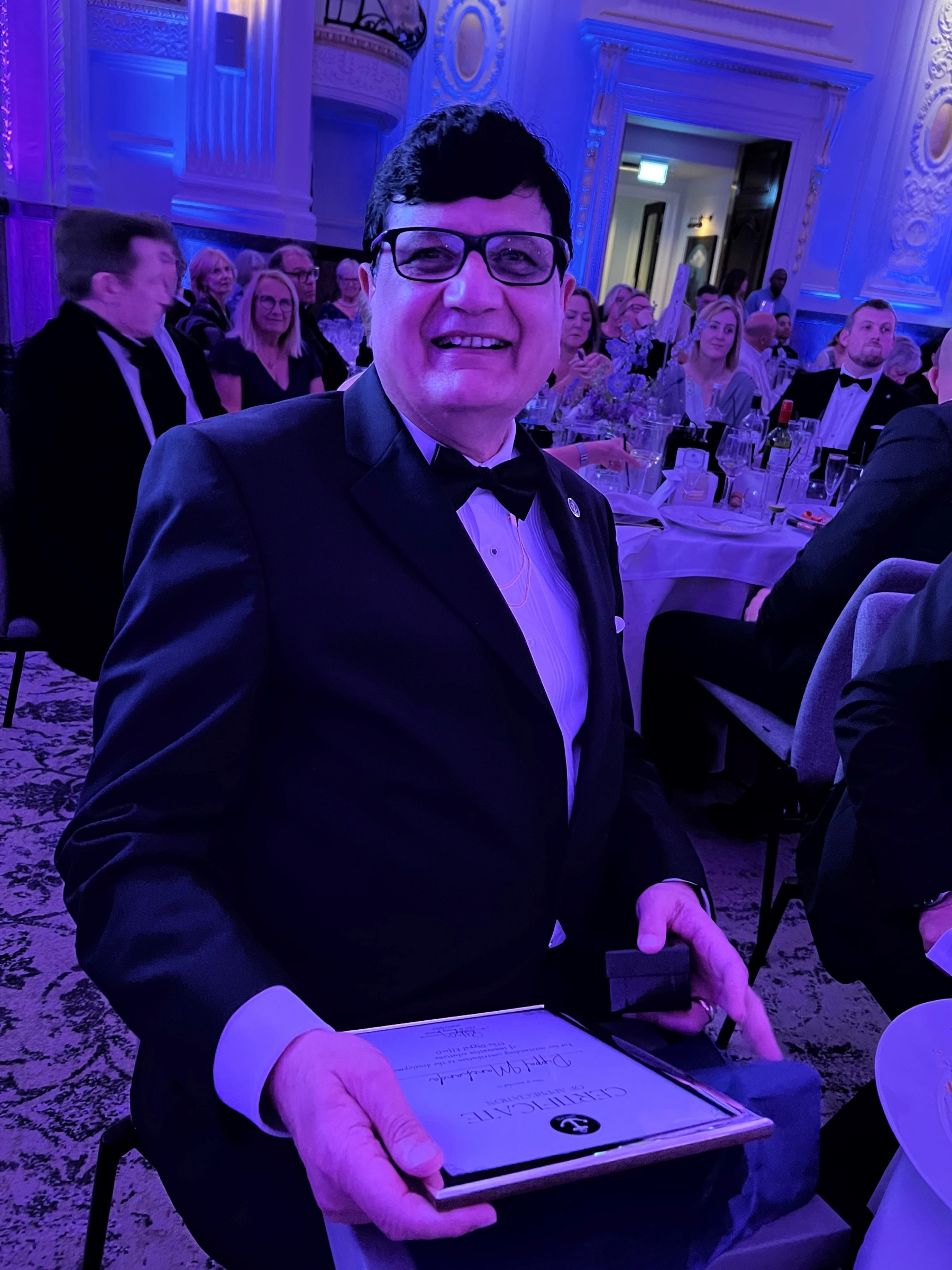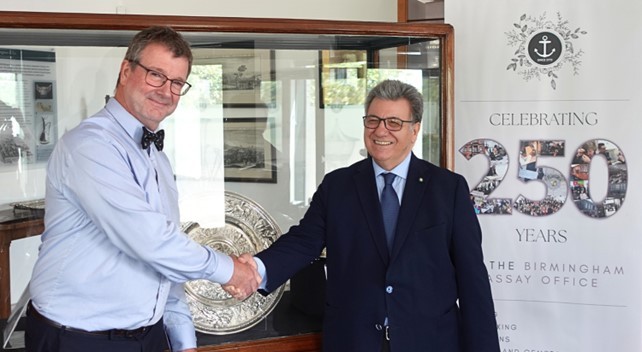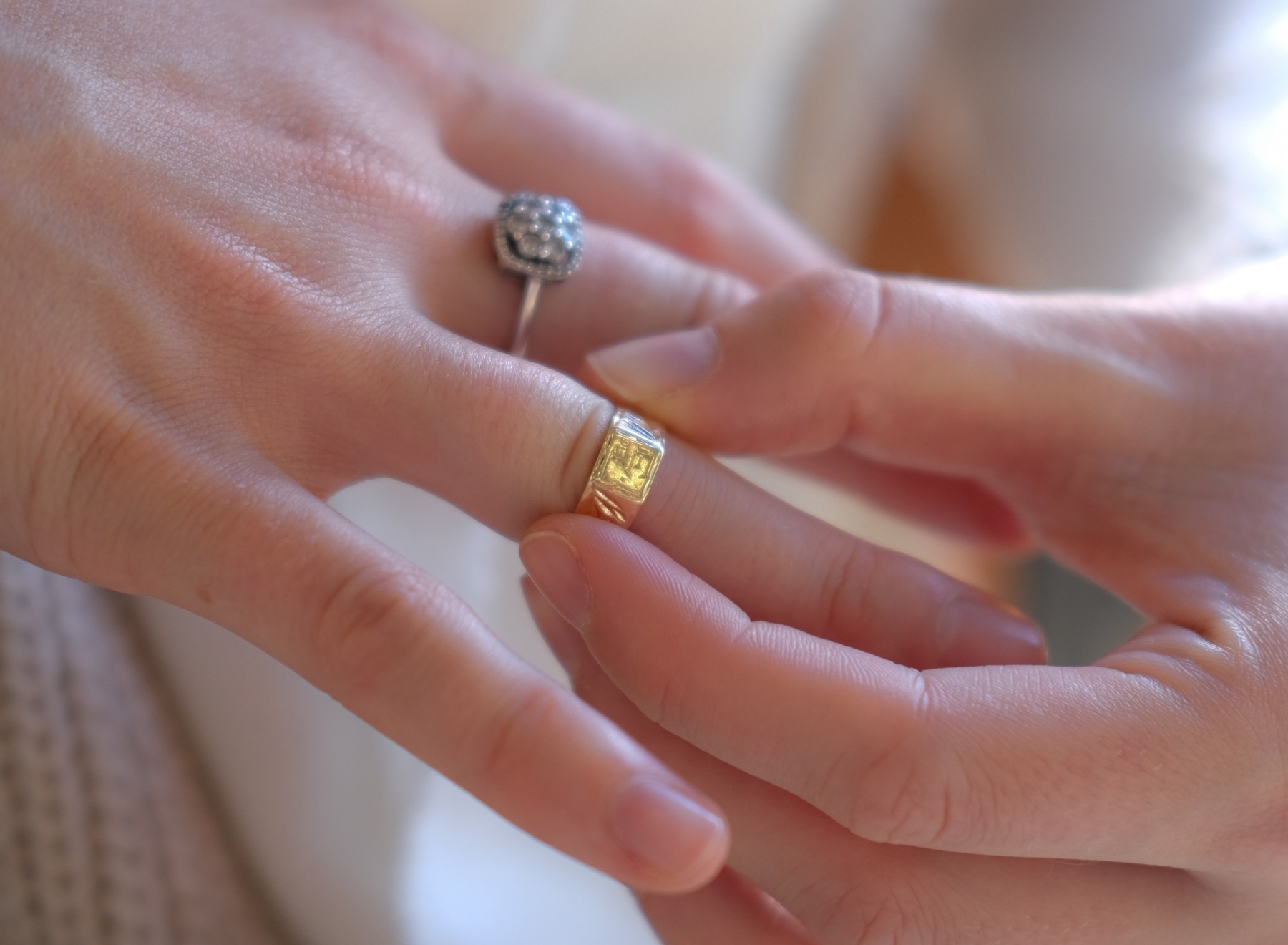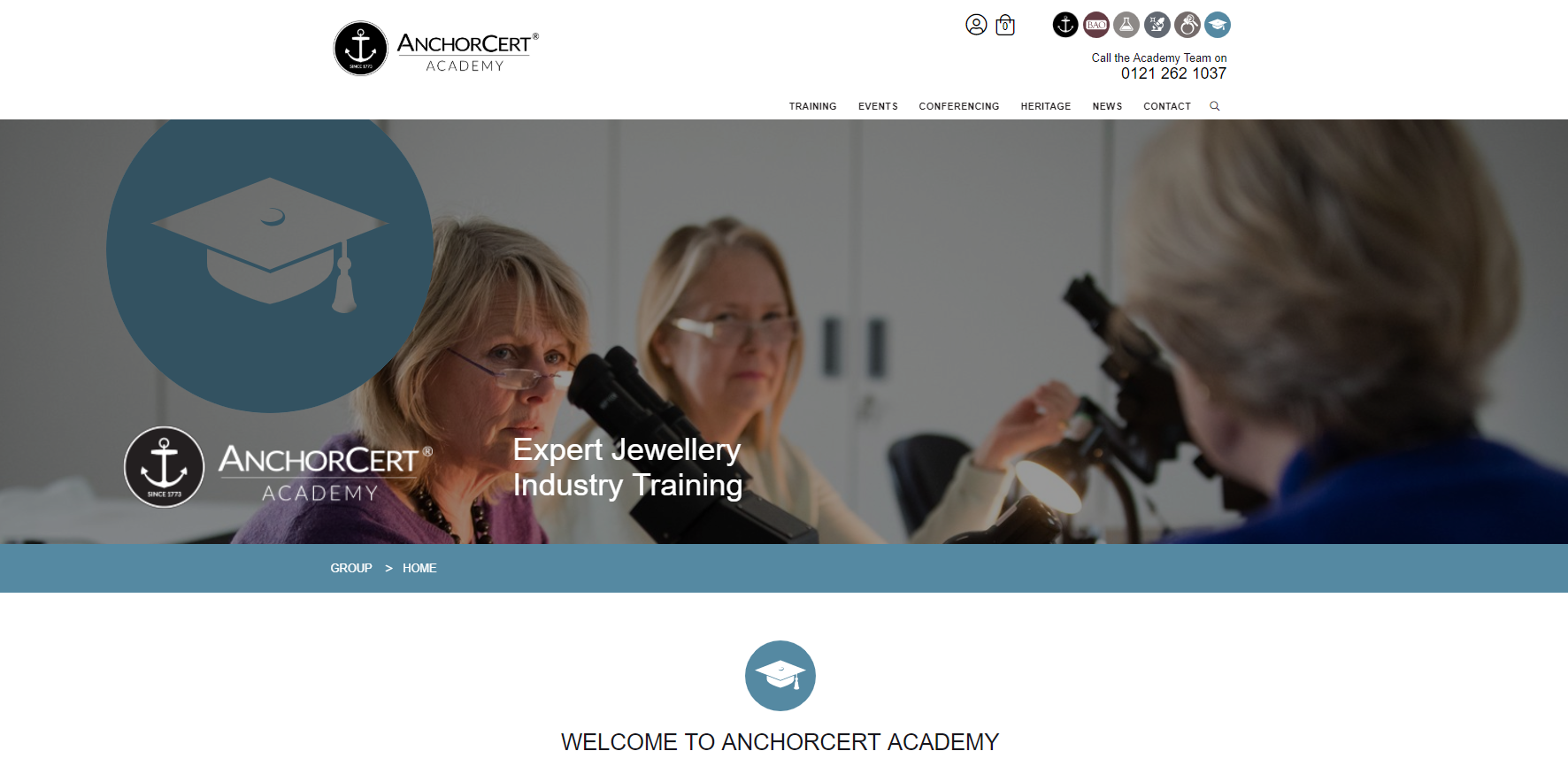After decades in its current Newhall Street home, the city's historic institution has now started the process of packing up and moving to a new bigger base in the Jewellery Quarter.
.jpg)
One of Birmingham's most revered institutions has begun the process of packing away priceless collections to move to a new purpose-built home this summer.
The Assay Office was founded by industrial giant Matthew Boulton in 1773 to provide a hallmarking facility to the rapidly expanding local silver trade.
It has been based in Newhall Street for almost 140 years but, after selling the Grade II listed building to a developer, will move to a modern centre in Icknield Street, which will allow it to hold exhibitions, tell the story of the Jewellery Quarter and open up research facilities.
The Newhall Street building has been extended and added to several times during its history and is now a maze of different working areas meaning a move to a new site was needed.
Designed by AB Phipson and completed in 1878, it has been adapted over the years to house modern equipment such as x-ray machines, necessary to keep up with advances in forgery and to meet the demands of today's market.
The Assay Office mark – an anchor – has already been struck on tens of millions of articles in the first 15 years of the 21st century and after holding the last of its open days at Newhall Street at the end of March, the hallmarking body will now start labelling and storing its collection of nationally-important silverware ready to be moved.
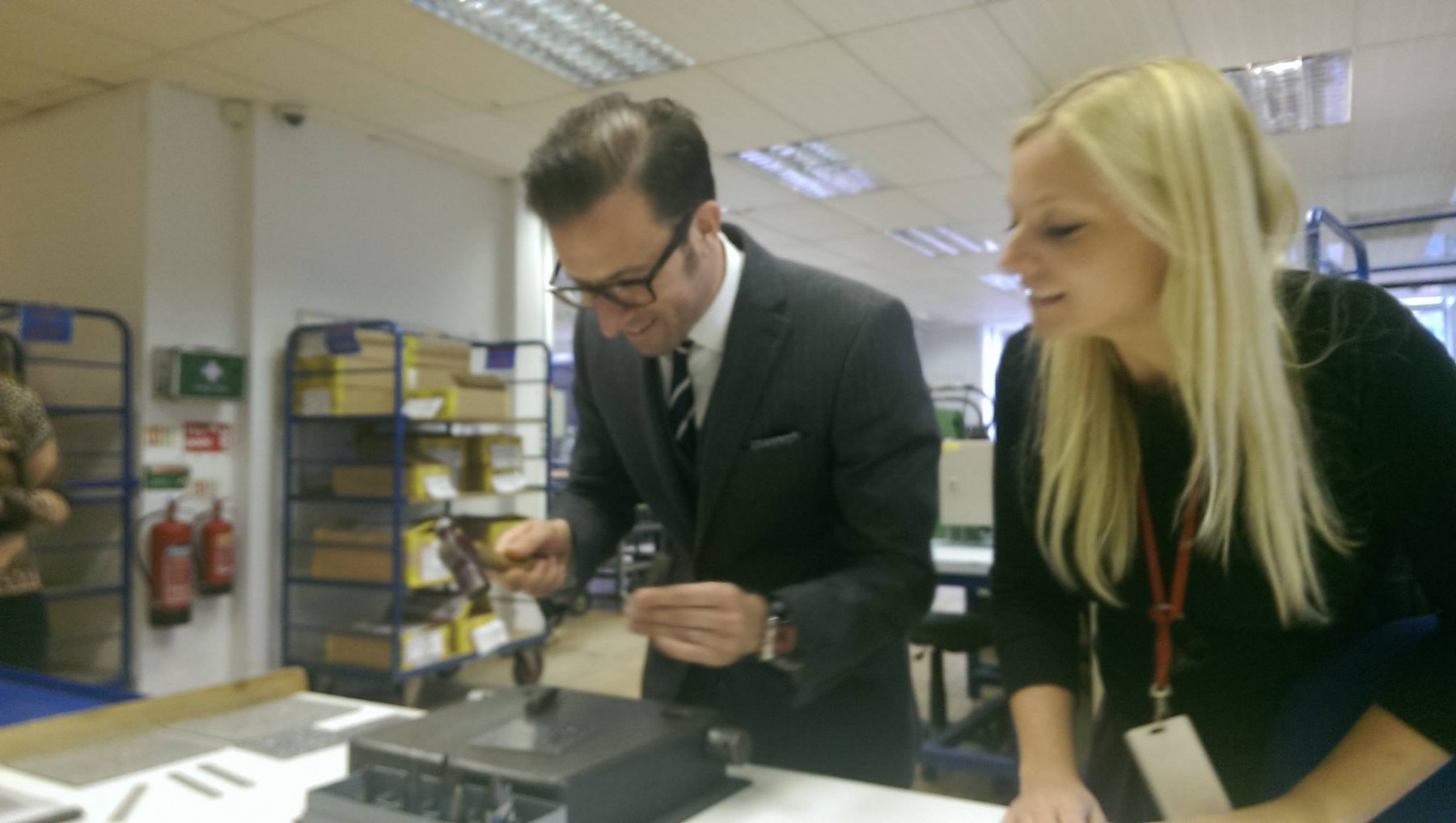
Newhall Street was sold to mixed-use developer TCN UK last year. The company has promisted to retain the character of the building where possible.
The new site is next to the Kettleworks building – currently being refurbished into apartments – and will be two storeys high, offering better facilities for around 120 staff and customers and will also enable wider public access to the resource, which the Assay Office has to offer in terms of its private library and silver collection.
It will also include a mix of conference and training rooms, as well as facilities to exhibit jewellery.
Spokeswoman Penny Parkes explained how Assay Office would be able to make its valuable collections more visible and accessible at the new building.
"At the moment there are hundreds and hundreds of beautiful pieces hidden away in drawers so we'll be able to change our exhibitions which, at the moment, are very static," said Ms Parkes.
"So, if it's an important anniversary of, let's say, the Caddy Spoon Society, or a similar group, we're going to be able hold specific displays."
The story of how Assay Office Birmingham came to have an anchor as its hallmark has become the stuff of jewellery trade legend.
"When the act was passed through Parliament and we were able to have Assay Offices in Birmingham and Sheffield, the two parties went to a pub on The Strand called the Crown and Anchor where they discussed the need for hallmarks," explained Ms Parkes.
"Legend has it a coin was tossed and Birmingham lost, so Sheffield got the crown and we got the Anchor. Subsequently, Sheffield has changed its crown to a rose but we have kept our anchor since 1773."

Integrity and independence are at the heart of Assay Office principles. It is overseen by 'guardians' and a board of non-executive directors, called wardens, who are connected to the jewellery trade but entirely independent.
And one of the wardens, Redditch-based contemporary silversmith and goldsmith, Martyn Pugh, is involved in the specification and building of the new offices.
Assay Office has a vast collection of mass-produced items that 'made the money' for the Jewellery Quarter and Birmingham, including caddy spoons, cigarette boxes, spectacle cases and snuff boxes.
"This was how the Birmingham of Boulton's day got going. They're called toys, but they're not for playing with, just small metal objects for personal use," said Ms Parkes.
"We try to buy pieces every year and we also get donations. We wanted to try to make sure we purchase a piece of silver hallmarked by us for every year since we started keeping a punch register – from 1840 to the present day."
As well as highlighting the area's jewellery-making history, the Assay Office is keen to shine a light on the numerous craftsmen and women working in the trade today.
"We've got things in our collections made for Liberty of London, a fantastic company that still champions craftsmanship.
"We have, in the quarter, a wonderful company called LJ Millington using machines over 100 years old which are just as good today as they were when they were built, creating short runs of 20-or-so pieces for people like Liberty.
"They also create items for well-known British names. They're not interested in the high-profile public branding, just creating brilliant things here in Birmingham."
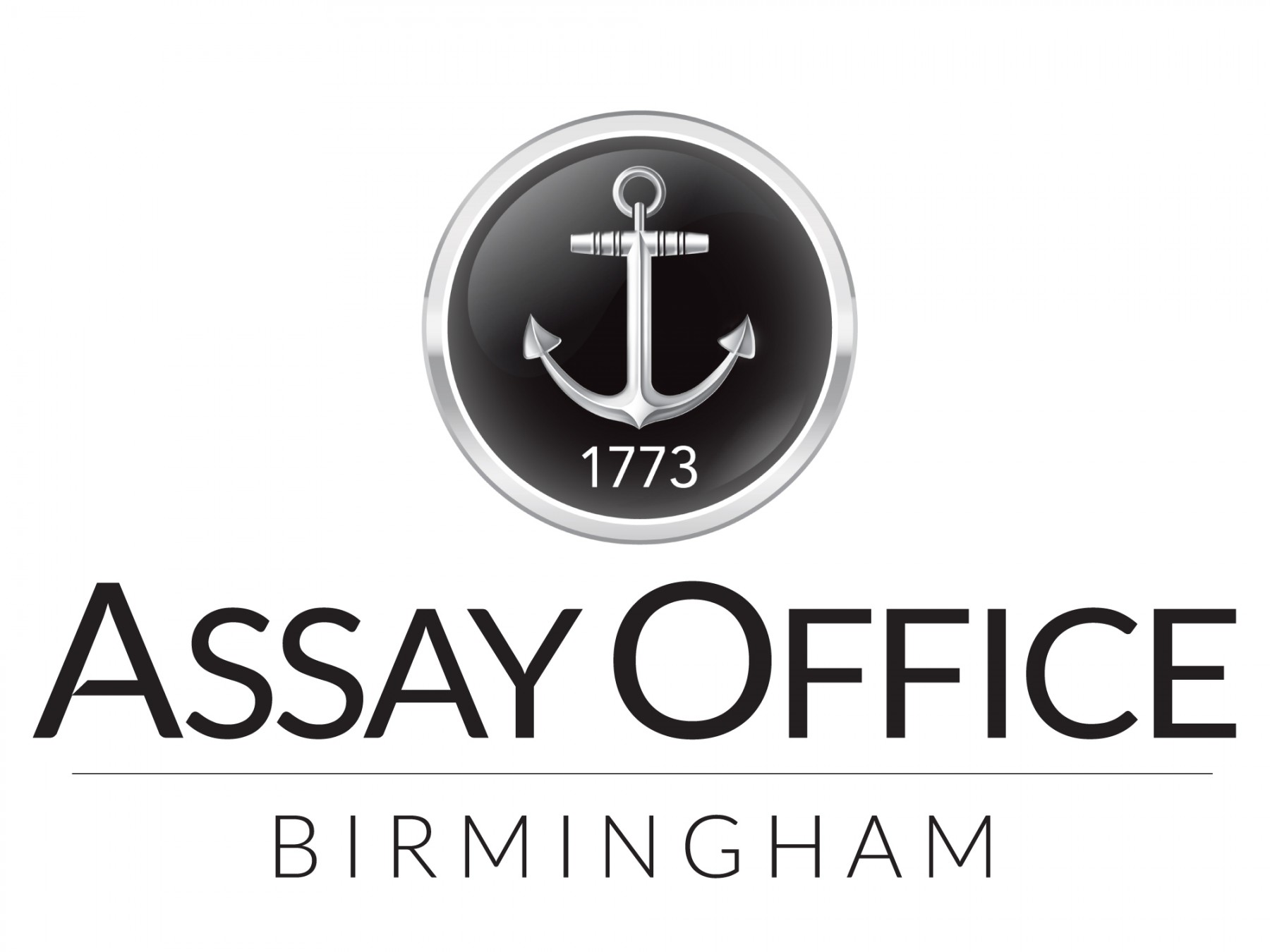
Your item has been added to the basket
You need to create an account, or login before you can add this item to your basket.

